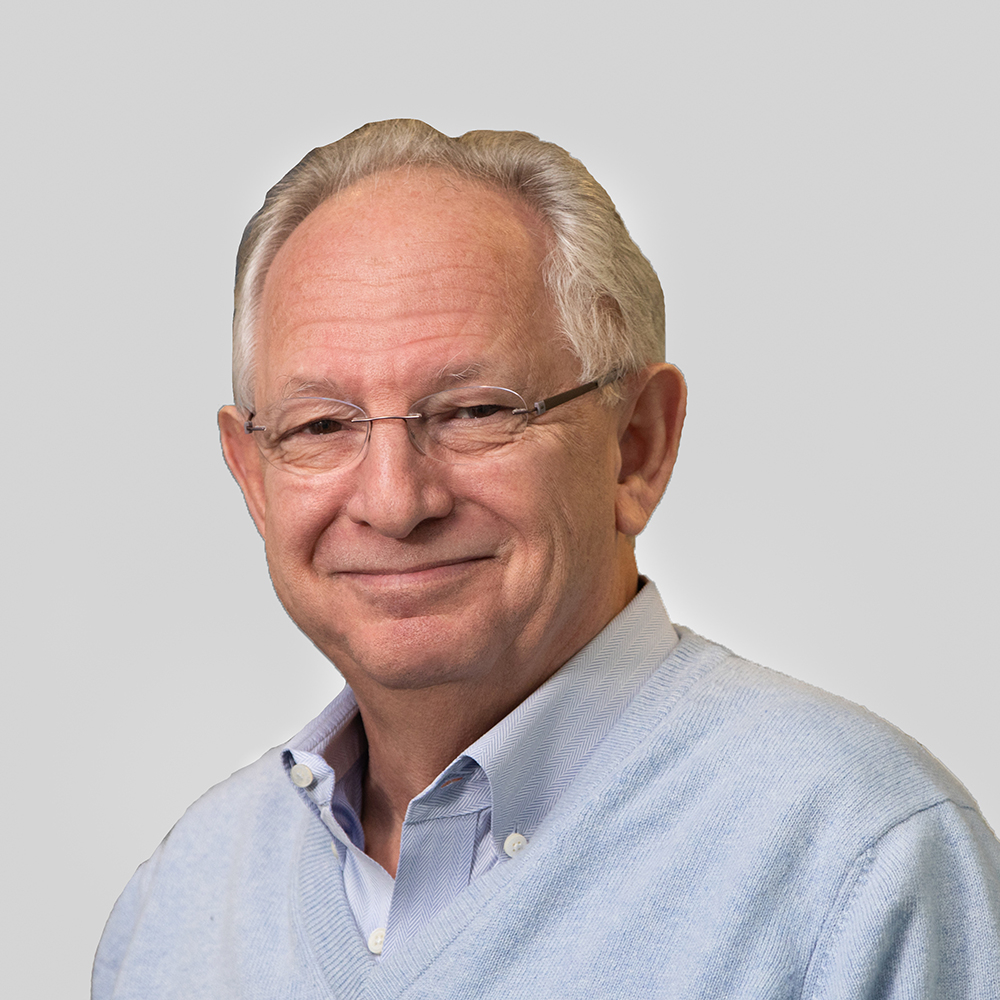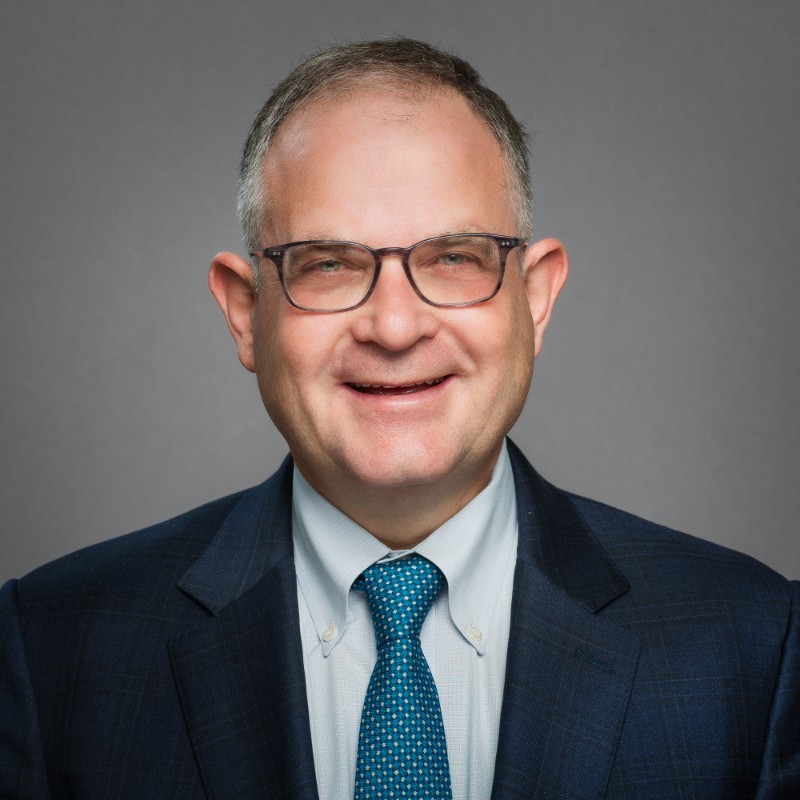The team at Seaport Therapeutics, a Boston neuropsychiatry biotech, is having a good fall season.
Seaport said Monday it has pieced together $225 million from hefty crossover names and some of the biggest specialists in the industry, just six months after launching with $100 million. The company had been targeting $150 million for the Series B, CEO Daphne Zohar told Endpoints News.
Just last month, the Seaport team’s previous neuroscience biotech, Bristol Myers Squibb-owned Karuna Therapeutics, notched an FDA approval for a new type of schizophrenia treatment. Seaport is chaired by former Karuna leader Steve Paul.
 Steve Paul
Steve PaulGeneral Atlantic led the Series B. Others taking part in the raise include T. Rowe Price, Foresite Capital, Invus, Goldman Sachs Alternatives, Canada Pension Plan Investment Board, ARCH, Sofinnova Investments, Third Rock and Seaport incubator PureTech Health.
Seaport spun out of publicly traded PureTech, which Zohar had run as CEO until launching the new company in April. Seaport immediately got an influx of interest from investors after that launch round, she said. The Series B marks the 80th nine-figure private financing of the year for the biotech industry, according to an Endpoints tally.
The biotech is developing prodrugs of molecules that have already been tested or approved. Seaport aims to improve them so they avoid the liver.
 Michael Chen
Michael ChenIts so-called Glyph platform “cloaks” a small molecule “as if it were a dietary fat,” co-founder and chief scientific officer Michael Chen previously told Endpoints. That helps the gut’s lymphatic system take up the drug and bypass the liver, where it could’ve gotten eaten up and seen its effectiveness in treating brain health conditions dwindle.
The platform could apply to other therapeutic areas, and Seaport has been getting inbound interest from potential partners, Zohar said.
“We call it Glyphing — I guess it’s a verb now — Glyphing molecules that belong to other pharma companies, actually helping these drugs make it to patients,” Zohar said. “That’s one of the things that we hope to be able to do now that we have the resources to continue to grow the team.”
Starting in depression
Seaport believes it has a registration-enabling trial in its sights, with a Phase 2b on its way for SPT-300, a prodrug version of allopregnanolone.
The neurosteroid is key to the postpartum depression medicines Zulresso and Zurzuvae at Sage Therapeutics, where Paul recently retired from the board. Seaport’s trial will include patients with major depressive disorder with or without anxious distress.
 Antony Loebel
Antony LoebelAbout half of MDD patients have diagnosable anxious distress, Seaport chief medical officer Antony Loebel said. He recently joined from Sunovion Pharmaceuticals. Chen said these patients “tend to respond less well to SSRIs or SNRIs, [are] slower to respond, have worse quality and worse outcomes.”
SPT-300 is part of a wave of depression drug R&D. Key clinical readouts loom in MDD for drugs from companies like Johnson & Johnson, Neumora and Alto Neuroscience.
Seaport’s pipeline also includes preclinical prodrugs of agomelatine (SPT-320) for generalized anxiety disorder and a prodrug of a non-hallucinogenic neuroplastogen (SPT-348) for mood and other neuropsychiatric disorders.
With the biotech firing on all cylinders and plenty of capital at hand to get to critical clinical data, Zohar is feeling good. “I’m enjoying my brief hiatus as a private CEO right now,” Zohar said. Ultimately, though, Seaport will have to be a public company if it wants to succeed at being a “major player in depression, anxiety and other neuropsychiatric disorders.”